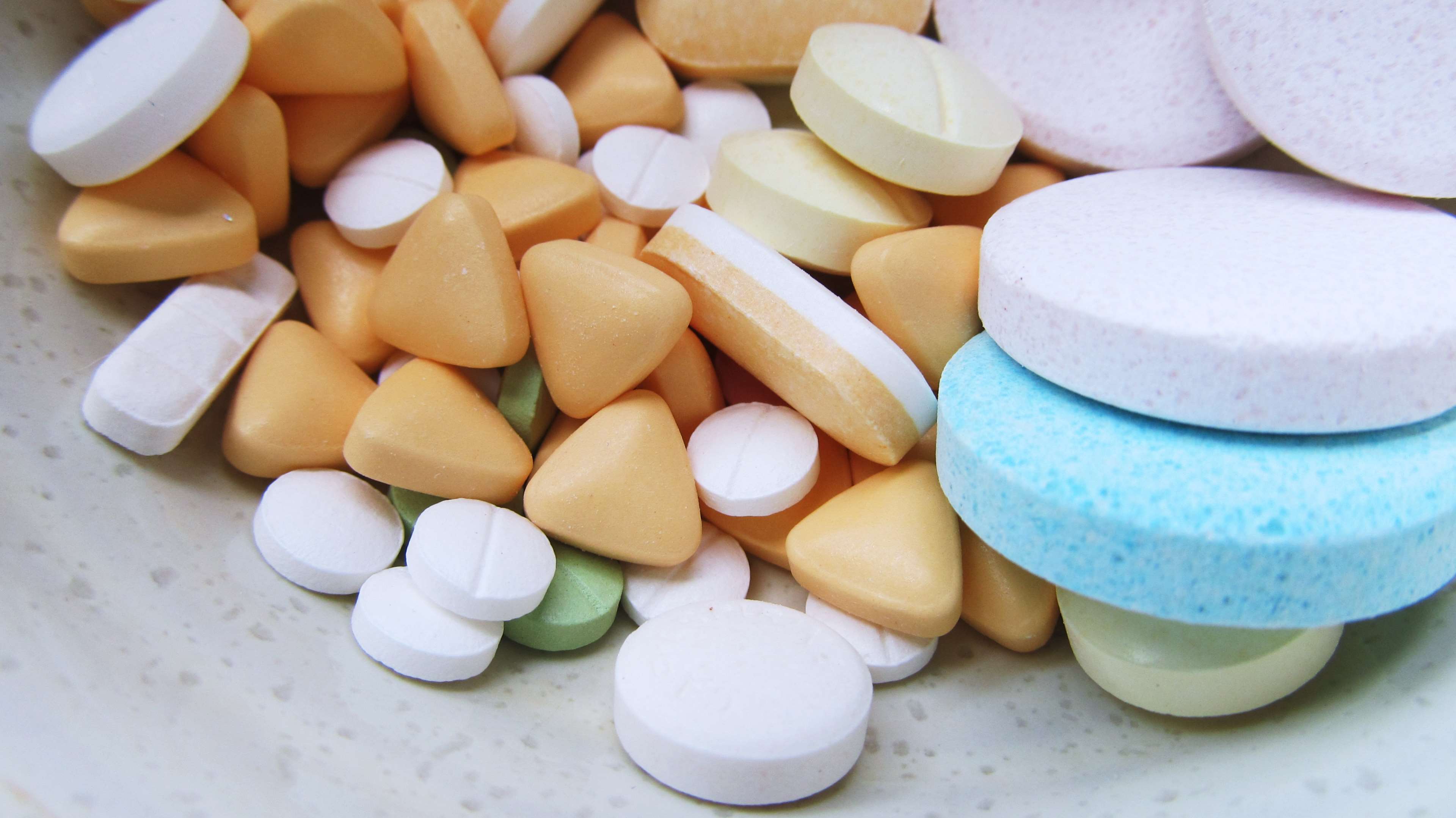Has Empagliflozin patent expiry triggered branded generic surge in India?
April 11, 2025 | Friday | News
Patent for Empagliflozin, held by Boehringer Ingelheim, expired on March 11, 2025, paving the way for generic versions
image credit- shutterstock
The Indian pharmaceutical market is witnessing a dramatic transformation following the patent expiry (on March 11 2025) of Empagliflozin (sold under the brand name Jardiance by Boehringer Ingelheim), used for treatment of adults with type 2 diabetes mellitus as an adjunct to diet and exercise to improve glycemic control and to reduce the risk of cardiovascular death in patients with established cardiovascular disease.
Jardiance (empagliflozin), a SGLT2 inhibitor, was approved in 2014 for type 2 diabetes and later expanded to include heart failure and kidney disease indications. In 2023, the drug generated $8 billion in global sales, according to reports.
Following the patent expiry of Empagliflozin, multiple branded generics have flooded the market in a short span, signaling one of the most competitive post-patent scenarios in recent years.
For instance, on March 12, Alkem Laboratories announced the launch of Empanorm in India, a generic version of empagliflozin, for the treatment of type-2 diabetes mellitus, chronic kidney disease (CKD), and chronic heart failure (HF). The product is priced approximately 80% lower than the innovator drugs, making it more accessible to patients.
Simultaneously, March 12 saw Glenmark Pharmaceuticals launching Empagliflozin, under the brand name Glempa (Empagliflozin 10/25 mg), along with its fixed-dose combinations (FDCs)—Glempa-L (Empagliflozin 10/25 mg + Linagliptin 5 mg) and Glempa-M (Empagliflozin 12.5 mg + Metformin 500/1000 mg), to improve glycemic control in adults with type 2 diabetes while also reducing cardiovascular outcomes.
Later, on March 18th, USV announced the launch of launched Xenia (Empagliflozin and its combinations), for glycemic control, heart failure and chronic kidney care in people with Type 2 diabetes. Joining this list of generics launches are other pharma companies such as Mankind, Corona Remedies, Morepen etc.
On the other hand, before the patent expiry of empagliflozin, multiple pharma companies such as Torrent, Cipla had signed agreements with Boehringer Ingelheim to co-market the anti-diabetic drug. For example, back in 2020, Cipla and Boehringer Ingelheim India had announced a partnership in India to co-market three oral anti-diabetics drugs Oboravo (Empagliflozin), Oboravo Met (Empagliflozin+Metformin) and Tiptengio (Empagliflozin+Linagliptin).
In December 2024, Torrent Pharma entered into an agreement to acquire brands Cospiaq (empagliflozin), Cospiaq Met (empagliflozin + metformin) and Xilingio (empagliflozin + linagliptin) from Boehringer Ingelheim International GmbH (BI). The acquisition was expected to be completed in March 2025. Torrent has been marketing these brands since 2022 as part of an existing co-marketing agreement with Boehringer Ingelheim India.
In fact, the year 2024 also witnessed the High Court of Himachal Pradesh granting an interim injunction in the patent infringement case filed by Boehringer Ingelheim International GmbH against Eris Lifesciences (EL). BI sought an interim injunction to prevent Eris from manufacturing, selling, or marketing Empagliflozin tablets, claiming that EL’s product sold under the brand name Linares-E infringes its patent.
A similar legal issue had erupted back in 2021, when Dr. Reddy’s had launched Empagliflozin under the brand name Vicra priced at a one-third cost charged by Boehringer. MSN had also introduced Empagliflozin tablets under the brand name Empaone within a price range of Rs 15-19.
But post-patent expiry, the rapid proliferation of generic Empagliflozin has intensified competition among pharmaceutical companies, prompting strategies such as multi-brand approaches and extensive distribution networks to capture market share. The market for SGLT-2 inhibitors is valued at Rs 3,235 crore and the SGLT-2 inhibitors are growing faster than the diabetes market at 25% CAGR.
The coming quarters will reveal how this Empagliflozin wave reshapes diabetes care delivery, patient adherence, and the economics of chronic disease management in India.









